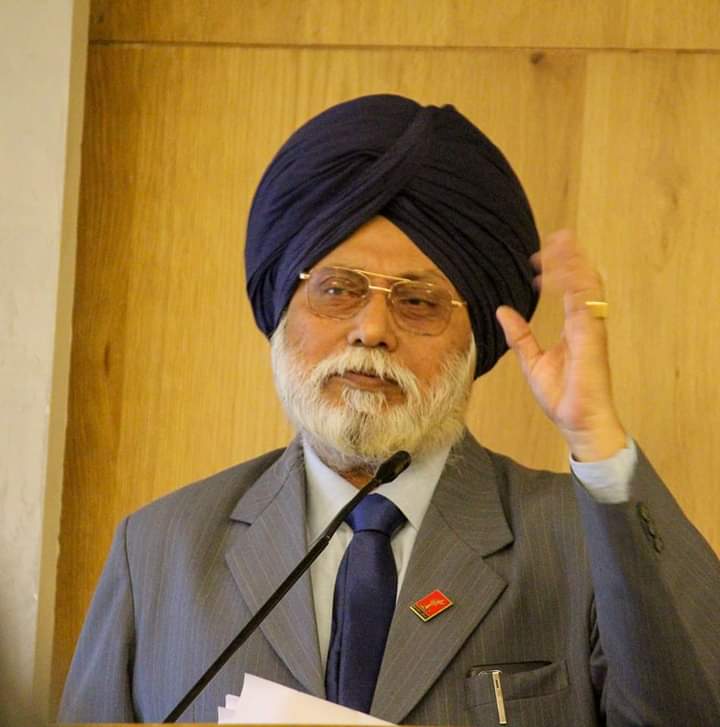Lost Poem, Found Poem
for Nora
This isn’t a memory of iniquity, lost things, found things,
aberrations, people and places we’ve shared.
This isn’t a diary of our years in exile, years without
going home. This isn’t a guide to invert
your own heartbeat (sometimes a scream) as you fight
for your life. This isn’t the song of an eye
for an eye or the child of fact alone. This isn’t tactful
or tactless as coughing up planets in your sleep.
This isn’t a sermon or prayer. Life is fragile and full
of monsters. This isn’t just melancholia–
we’ve been planting this garden for many years.
This is the lexicon of our future selves. A homecoming
authored by two. These are chronicles of the night
garden, the gathering place of strangers that never sleep.
They found a naked body in the old mill pond.
This body does not belong to you.
And that is all.
Cosmic Cradle
i
What shall we do with the nameless child –
so much a part of us? So much more, than loss of hope
for Moheme and Mohr, or the burial record
of an invisible girl? She who holds both dissonance
and harmony (rose and wreath
in her tiny hands) as we lay her to rest
under indifferent skies, but no one knows why
a dying girl’s face tilts
towards the moon.
ii
Last night, the girl we already grieve
as a lost galaxy – crawled from her crib to sing
as a star –spreading her wings
in exquisite poverty. Here at the world’s edge,
her breath leaves semitones of light
on the latticed glass.
Here, nothing is more important
than music and moonlight.
Last Straws
for my brother, “Dutch” Murphy
If revolutions take place according to certain laws,
can we take the Spartacus revolt,
which almost toppled the Roman Empire
as the stuff of dreams?
If we take the peasant’s revolt of 1381
against Richard II
as the stuff of imagination, can we take hope,
which lives and moves by revolution
as the stuff of contradictions?
If we take the beheading of Charles Stuart,
and Louis XVI,
or the shooting of Tsar Nicholas
and his family
as the stuff of revolutions,
is it safe to say, that despotism is the victim of hope?
And if hope is emotion, and emotion is the enemy
of facts, can we take solace
in the Gigantes’ revolt against the gods?
Dare we anticipate the odds
in our favour?
Heart Light
for Rob Horrocks
i
Praise the heart that listens to the sorrows of the world.
Remember the wild mushrooms turning their heads
towards the keyhole in a disused shed
in County Wexford. Clamoring for the moon
like children in a freak show
you do not blame or count. Pleading for pennies
with bloodshot eyes as if to shine a light on the obvious.
Praise the heart that lets go of its own vices
wishing for what’s best out of the worst misfortune
when the age of lust decrees another bloodbath.
Remember the falcon always remembers
the falconer (not out of blind obedience but love)
because love is the only excuse for doing the same thing
and expecting different results.
ii
In the land of the dead, let the dead bury the dead,
turn his master’s voice into creature comfort,
even in the hesitation the outstaying night drags over it.
In the land of the living, praise the heart that hopes
(in spite of nothingness) because love
is the only destiny that outsmarts death.







